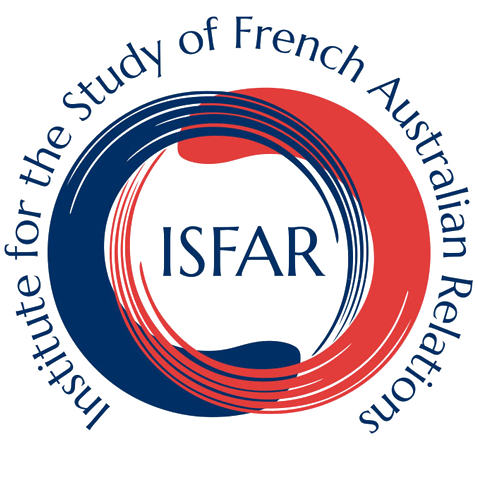Explorations No 10 – Jun 1991
WALLACE KIRSOP, Foreword C.B. THORNTON-SMITH, Two Adaptations of S.T. Gill by Gustave Doré This article examines the adaptation by Gustave Doré of two of S.T. Gill’s drawings, for publication in the French magazine Le Tour du monde. These drawings were meant to illustrate a pseudo-travelogue (“De Sydney à Adélaïde”) which the author argues was not, […]
Explorations No 6 – Sep 1988
WALLACE KIRSOP, Foreword COLIN THORNTON-SMITH, S.T. Gill and Hubert de Castella This article draws on Hubert de Castella’s unpublished Réminiscences, to describe his life in Switzerland and France, prior to his coming to Australia. During his stay in Australia he came across the work of S.T. Gill. When Hubert de Castella returned to France in […]
Explorations No 1 – May 1985
WALLACE KIRSOP, Foreword COLIN THORNTON-SMITH, A True Account in which only the Facts are Wrong – Hubert de Castella’s Les Squatters australiens (1861) A critical account of Hubert de Castella’s book on mid-nineteenth century Victoria and its history, written to correct the negative image of Melbourne presented in Céleste de Chabrillan’s Les Voleurs d’or and […]
